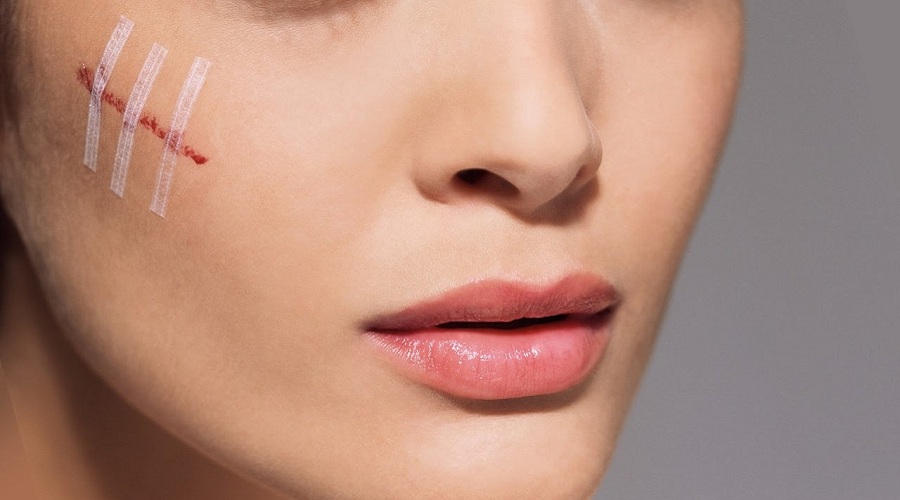A laser can seem like a magic wand that can make any scar disappear. Medical lasers, however, are nothing to play with. To get impressive results and avoid serious side effects, it’s important to know these basic facts before you have laser treatment for a scar.
- Laser treatment cannot get rid of a scar. Thanks to recent advancements in medicine, lasers are becoming a dermatologist’s go-to treatment for many scars. Laser treatment can:
- Prevent a raised scar from forming after surgery
- Reduce scar pain and itch
- Increase your range of motion if a scar limits movement
- Your results depend largely on the skills of the person performing the laser treatment. Dermatologists are at the forefront of researching and treating scars with lasers. In the hands of a board-certified dermatologist, laser treatment can safely treat many types of scars. When the person performing your laser treatment lacks medical expertise and specialized knowledge of the skin, laser treatment may not give you the results you seek. It can even be dangerous.
- A medical consultation is crucial before any laser treatment.
If someone promises to treat your scar before providing a medical consultation, walk away.It’s essential for the person performing your laser treatment to know about you. Everyone is unique. To treat a scar effectively, the person performing your laser treatment must consider your skin type, characteristics of your scar, and your overall health.
During the medical consultation, tell your dermatologist if you:- Get cold sores
- Have any medical condition, including diabetes
- Smoke
- Take any medications or supplements
- Sun protection is crucial before and after laser treatment. If you show up for laser treatment with a tan or sunburn, your dermatologist cannot treat you. Using a laser could cause a serious burn or discolor your skin. After having laser treatment, you’ll need to protect your skin from the sun until your skin heals. If the sun’s harmful rays hit your treated skin, you can develop another scar.
- You may need to make a few lifestyle changes before treatment. To heal well and get the best results from laser treatment, dermatologists recommend that patients:
- Quit smoking for at least 2 weeks before laser treatment.
- Stop taking vitamin E, aspirin, and other medications and supplements that can delay healing.
- Stop using skin care products that contain a retinoid or glycolic acid for 2 to 4 weeks.
- Take medication to prevent getting cold sores if you’re prone to developing cold sores.
- Avoid the sun, tanning bed, or sunlamp. You cannot be treated if you have a tan or sunburn.
- Your treatment plan may include more than laser treatment. To give patients the best results, dermatologists often use more than one treatment for scars. For example, if a patient has deep acne scars, a dermatologist may treat the scars with a laser. The patient may also get a filler.
- You may need more than one laser treatment. To give a patient long-lasting results and the most improvement, a dermatologist may schedule a series of laser treatments. This is often necessary when using a type of laser called a non-ablative laser. You won’t have downtime with this laser, but to see the desired results, you may need a few laser treatments.
- After laser treatment, you’ll need to care for the treated area at home. Following your dermatologist’s instructions for at-home care after laser treatment will help you see the best results and prevent possible side effects.
- Results take time to appear. It can take months to see the results from laser scar treatment, and you may notice little improvement at first.
- Insurance may not cover the cost. Laser scar treatment can ease the pain and itch that scars can cause. It can help a patient move more freely if a scar limits movement. Still, insurance providers consider laser treatments cosmetic treatments. Health insurance doesn’t cover the cost of cosmetic treatments.
